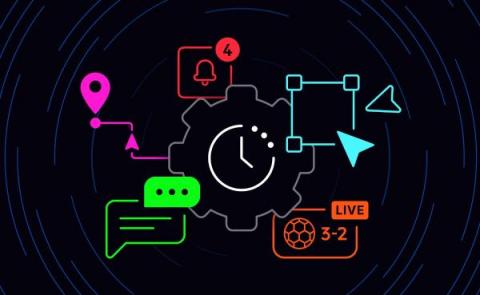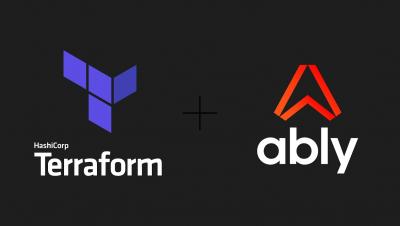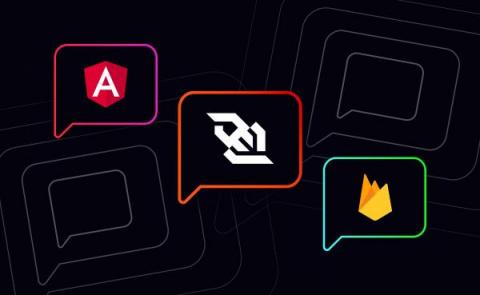Building realtime experiences: Capabilities and use cases
Internet users increasingly expect their digital experiences to be realtime. To meet this growing expectation, augmenting digital products with realtime features is becoming a priority for many businesses. This is the first post in a multi-part series that looks at what it takes to build and deliver realtime experiences for end-users. This post covers the core capabilities you need to engineer realtime functionality.











